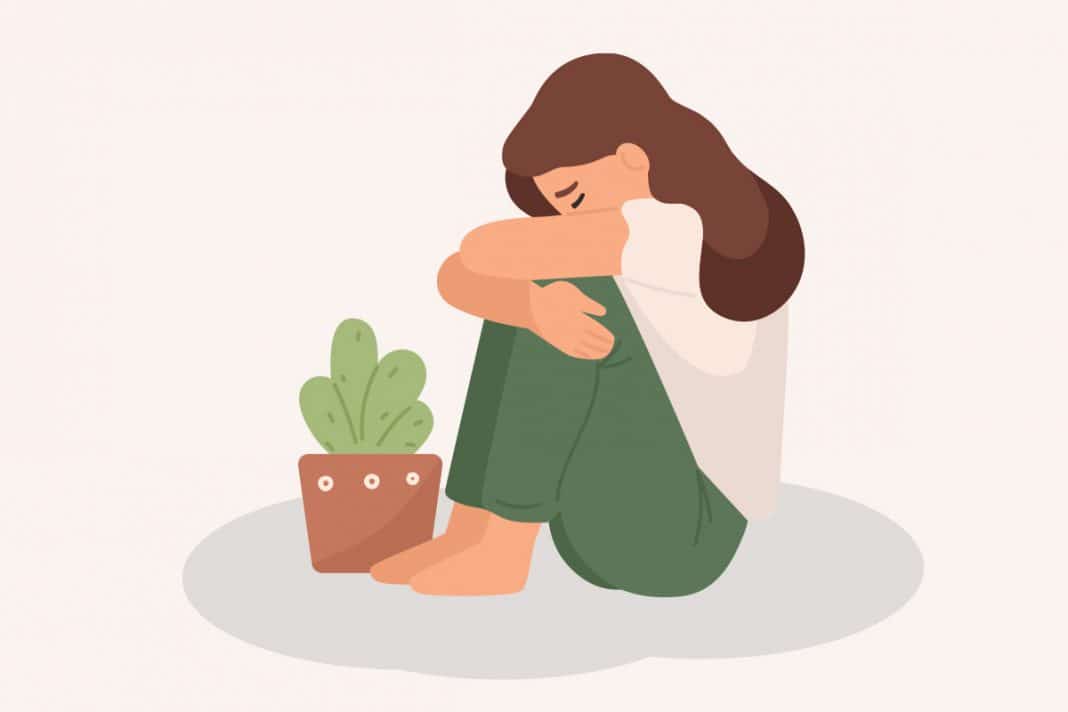You may have seen people upload positive and motivational photos to their Instagram or Facebook feeds with captions like “learn to love yourself” or “believe in yourself.” You may have even attended one of those health and wellness workshops or seminars that make everyone declare “I am the best” or “I am special.” You know what we’re talking about. Were you ever able to successfully integrate this positivity and optimism into your daily life? No? Blame a lack of self-love.
The importance of self-love
We genuinely believe that self-love is one of the most important concepts in life, something with which everyone should be familiar. It is so important, in fact, that toddlers should be taught about self-love before they even enter preschool to get a head-start in life. Unfortunately, their cognitive and psychosocial development-based learning usually just consists of ABCs and 123s.
Since most of us haven’t been educated on what self-love really is, people tend to confuse it with being selfish and inconsiderate or being exclusively or excessively concerned with our own interests. However, that cannot be further from the truth.
In reality, self-love acts as a catalyst for our physical, mental, and emotional well-being. It makes us proud and happy of who we are, where we are, and what we have. It also prevents us from worrying about the future or dwelling on the past. One could even say that self-love is the real key to happiness!
How to love yourself?
Self-love cannot be limited to a few words that you announce to a conference room of people – though that may be cathartic in and of itself. Instead, it is something that you need to actively do!
What do we mean by this?
Well, if you embrace the principle of self-love, it will be clearly evident in your actions. And, as you probably already know, actions speak louder than words. Your self-love is reflected in how you perceive yourself on a day-to-day basis, as well as the choices you make along the way.
That being said, there are a few experiences in our young lives that can stop us from loving ourselves. Instances of being bullied as a child are one of the most common reasons some people consider themselves incompetent, unloved, or inferior – unable to truly love themselves.
Another common reason for the inability to exercise self-love is that socially constructed expectations about what people should do or should look like have become deeply embedded in our minds. If someone does not meet those expectations or cannot relate to them, they are often seen as “weirdos.”
Curly hair, for example, is not considered “conventionally attractive,” and people who have it are often mocked or forced to adapt to the supposedly “ideal” hair texture by straightening it. This often makes it very difficult for people with natural curls – which we absolutely love, by the way! – to accept their hair type, so they constantly work on changing it. Of course, this is just one example of the impact of a lack of self-love; it can manifest itself in many other ways.
Signs of lacking self-love
If you are unsure as to whether or not you practice self-love, you have arrived at the right place. In this blog, we’ll go over some of the most common signs of lacking self-love. This is not, in any way, an exhaustive list, so please feel free to tell us about your own telltale signs that someone’s lacking in the self-love department.
1. Fear of being watched and judged by others
If there’s a voice inside you that keeps insisting you’re being watched and judged by the people around you, there’s a good possibility that you lack self-love. Can’t seem to find the correlation between the two? Allow us to explain it in layman’s terms: When you have an intense, persistent fear that you’re under the scrutiny of others, you tend to alter your behavior and appearance to fit in so that you’re not judged anymore. This is a firm indication that you do not love yourself enough to be the real you in front of others.
2. Over-analyzing your own behavior
Your lack of self-love can also be evident in the fact that you always question yourself, dissecting all your thoughts and actions. The result of this over-analysis is often negative: you think you aren’t good enough, and that, to be more “good,” you must try to mimic other people’s behavior – people you think are pretty good, of course. This self-analysis trap leaves you unable to grasp the idea that people are not so black and white; that everyone is unique and your individuality cannot be compared to someone else’s.
3. Feeling inferior
If you don’t really like yourself enough, you’ll always compare yourself to everyone around you, which just leads you to feel insecure about your appearance or personality. Thoughts like “I’m not good enough,” “I’m not smart enough,” or “I’m not interesting enough” may torment you all the time. Of course, this kind of mindset will ensure that you never feel satisfied with who you are or what you have.
4. Hiding your true self from others
If you lack self-love, you will hide the real YOU behind a mask, obscuring what you would consider your original personality. You will change your true self when you’re around other people. Why? Because you always assume that people won’t like who you really are, so you feel obligated to show them a more interesting – albeit fabricated – version of you. On the other hand, self-love helps people welcome their true selves rather than seeking affirmation from others through a false image of themselves.
5. Being too hard on yourself
Another one of the most obvious signs of a self-love deficit is being too hard on yourself. Yes, you have to get out of your comfort zone and work hard to make your dreams come true, but what if you already have most of your life together? You’re supposed to be happy, right? Unfortunately, a lack of self-love prevents you from appreciating or even being satisfied with your accomplishments. It will make you overly critical of yourself, downplaying all of your victories, since you’ll always look past the things that are going right in your life, only seeing the parts that are all over the place.
6. Being under-confident
Your lack of self-confidence will often stop you from voicing your opinion or expressing your perspective in office meetings or casual discussions. Even before you blurt out a few words, your lack of self-love and your very critical self-image will make you discredit your own ideas in your mind because they are not “consequential” or “constructive” enough.
7. Having unstable relationships
Since you always feel like you’re being judged, you don’t ever want to go out and see your friends; you worry they might make fun of you or not approve of how you dress or how your life is going. This will lead to you shutting everyone out of your life. Even when you have found the right partner (after dutifully avoiding the wrong ones), you’ll only feel as though they are “too good for you” or “out of your league,” until you’re convinced you don’t deserve them.
8. Settling for less
The consequences of lacking self-love are tangible, directly affecting every moving part of your personal and professional life – whether we’re talking about your job or relationships. It will make you settle for less, as you don’t think you have what it takes to get more. You fear failure, which makes you feel less confident, eventually resulting in you giving up on your dreams and settling for something average.
Conclusion
The lack of self-love and the unquenchable desire to assimilate and become like others can lead to unhealthy habits, such as alcohol or drug abuse. Before you hit rock bottom, however, you should reach out and ask for help. You can either speak to your friends and family about your concerns, or you may also seek professional help.
Just remember one thing: self-love comes with practice. Baby steps will lead you to loving yourself and embracing the real you in every situation. We wish you good luck in life!
Although they are often used interchangeably, “further” and “farther” don’t have exactly the same meaning. Basically, “farther” refers to actual distances between objects while further refers to figurative distances or something that is additional or more. (Just a fun little grammar fact for you)



